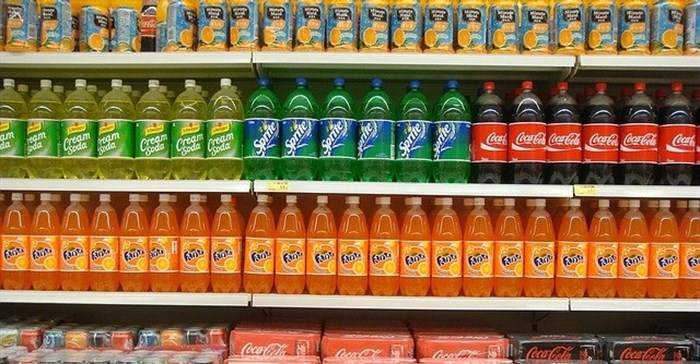The soft-drinks industry has proposed a raft of measures to reduce the daily number of calories consumed as an alternative to the Treasury's proposed sugar tax.
The proposals put forward by the Beverage Association SA include an increase in the range of non-alcoholic beverages with lower sugar content, making smaller pack sizes of drinks available, informing consumers about the calorie content of non-alcoholic beverages, and refraining from marketing certain beverages to children under 12 years.
The proposals were submitted in a presentation by the association's executive director, Mapule Ncanywa, during public hearings by Parliament's finance and health committees. She argued that the alternatives would be more effective than the sugar tax while avoiding all the negative and social impacts.
"On health, the industry will help reduce calorie consumption by 14kCal-18kCal per person per day. This 14% reduction in daily calorie intake is two to five times what the proposed tax on sugar-sweetened beverages is modelled to achieve. It will result in a decrease in the prevalence of obesity by between 425,000 and 540,000 people," Ncanywa said.
She blamed oil, poultry and cereal consumption for the per capita increase in calories, from 2,816kCal a day in 1991 to 3,007kCal a day in 2011.
Ncanywa warned that the imposition of the tax would place about 25% of direct industry jobs at risk, with more indirect jobs in the informal sector likely to be threatened. The association called for a comprehensive economic, health and social impact study of the proposed tax as well as a total dietary intake study. The evidence of the effectiveness of the tax was inconclusive, the association said.
The South African Sugar Association attacked the sugar tax as an "ineffective instrument to achieve the desired reduction in obesity and noncommunicable diseases", and urged that a total dietary intake study be undertaken. It warned of the danger of job losses.
South African Cane Growers' Association chairman Tim Murray noted in a written submission that the industry supplied about 600,000 tons of sugar each year to the sugar-sweetened beverages sector. This made up about 32% of total local market sales and more than 58% of sugar sales to industry.
Murray estimated that the proposed tax would reduce the local market take-up of sugar by 162,000 tons a year and result in the loss of 5,817 jobs. He called for a regulatory impact assessment of the proposal and its impact on the rural economy. He also highlighted the negative effects of the drought on the sugar industry, which had lost about R6bn as a result.
The Cane Growers' Association called for government support for cane growers participating in co-generation and biofuels to maintain the viability of the sector. The Food and Allied Workers Union expressed concern about the threatened loss of jobs and called for more dialogue between the government, industry and labour. The South African Fruit Juice Association urged that fruit juices be excluded from the tax as no sugar was added to fruit juice. Treasury is considering the inclusion of fruit juices into the tax.
Tiger Brands group executive of consumer brands Grattan Kirk argued that the proposed tax was unconstitutional because of its "irrational and inequitable" application to concentrated beverages. He said concentrated beverages such as Oros, Halls and Roses would be harder hit by the tax than "ready to drink" sugared drinks.
The tax made no differentiation in its treatment of the two types of product even though concentrated beverages had to be diluted before being drunk.
The approximately 20% tax rate for sugary drinks could be as high as 52% for concentrated beverages and would have a significant negative impact on sale volumes which could decline by about 40%. Kirk argued that the sugar tax should be applied to concentrated beverages on the basis of the sugar content once diluted.
Source: BDpro




































